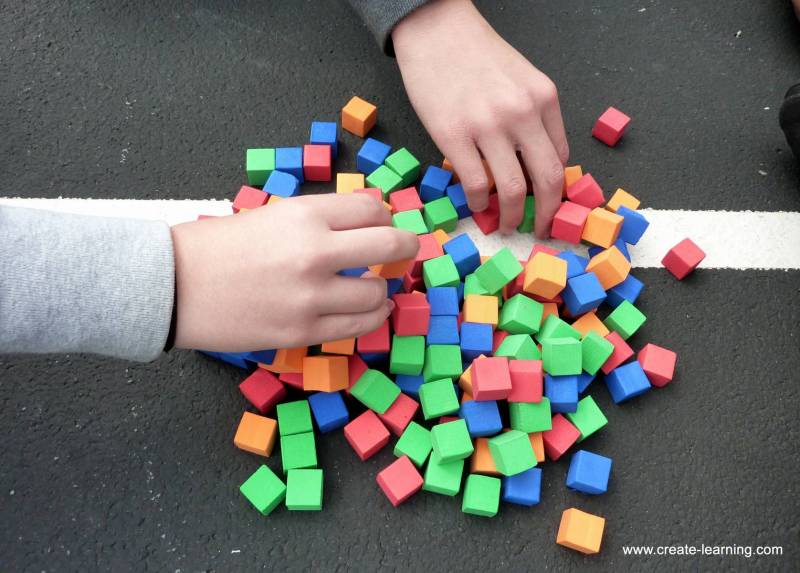Goal Setting and achieving goals is impossible in an environment where
- the goal changes,
- moves as you make progress,
- you have little to no control over other people, who are required, to achieve the goal
- external forces (government regulations, laws) that change their focus are an intricate partner in controlling the goals or in completing the goal
While coaching two managers this week, this same discussion happened.
How can we keep people motivated with goal setting when we do not know what is happening next month?
You try to reframe. Reframing the idea of goal setting as the achievement of a desirable result, to goal setting is a process of developing knowledge and self-efficacy through movement.
The worst thing you can do when the conditions for achievement are impossible is set more goals. I recall in a workshop someone brought up Covey’s habit #2 ‘Begin with the end in mind,’ my response;
You can begin with the end in mind only when you know what the end will look like. You cannot see the end in innovative and complex (VUCA) work.
Through a team building activity, I was able to illustrate the challenge and frustration felt when you cannot know what it will look like in the end. It is frustrating when someone wants to treat the challenge as if it is a problem they have solved before and then explain it in a way that others will understand. In the kind of work where goals are liquid, even the expert will not know or be able to explain what will happen as variables change.
Developing goals in a changing environment
Not sure there is a step-by-step recipe, below is what I have found helps to make progress, support people in learning and experimentation, create opportunities to understand as we gain knowledge through progress/ regress.
- Frame the boundaries of the work. Where are the far edges that cannot be crossed?
- Identify who or what will be affected by progress. How to best navigate these volatile, uncertain, complex, ambiguous (VUCA) changes.
- Share all the factual data you can. Share all the good and bad, not just the good.
- Do not attempt to interpret or serve as a subject-matter-expert who has to translate the data for people. Share the data in a format that others can understand and needs little to no expert opinion. Abstain from giving your expert advice.
- Openly tell people that you do not know what to do, and we are here today to determine what we might do. Doing nothing is an option.
- Identify things that are working well enough to make progress
- Identify things that are not working well enough and are causing regress
- Ask, from the things that are working what we can do more of? How? When? What will be measured?
- Ask, from the things that are not working what we can do less of? How? When? What will be measured?
- Commit to 1 area from what working to increase, and what is not working to decrease
- Determine what you expect to learn from the commitment in #10. Write it down
- Choose a date to meet and share what happened and what was learned
- From what changed that works and does not work, determine how you did that. Assign one person to be responsible for understanding, learning and sharing what now works and does not work. Know you have some knowledge of a goal to be achieved. Determining goals that can be achieved only works when the goal has been achieved before, and we can diagram or understand how it happened the last time.
- Do we know enough to make this a standard goal/ project plan? If yes, develop a project plan; if no, repeat step #1
My hope is that we can remove the achievement of goals as organizational plus personal efficacy. Replacing achievement with learning and adaptability as the area of self-efficacy that keeps people feeling good about their work and making progress on things that matter to them.


